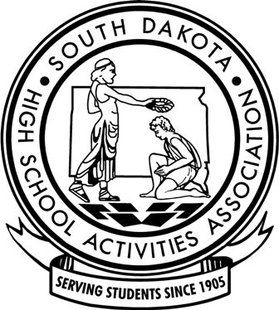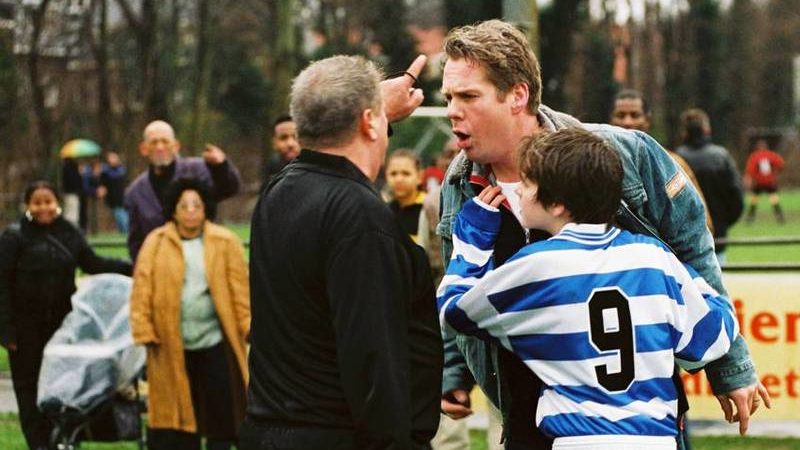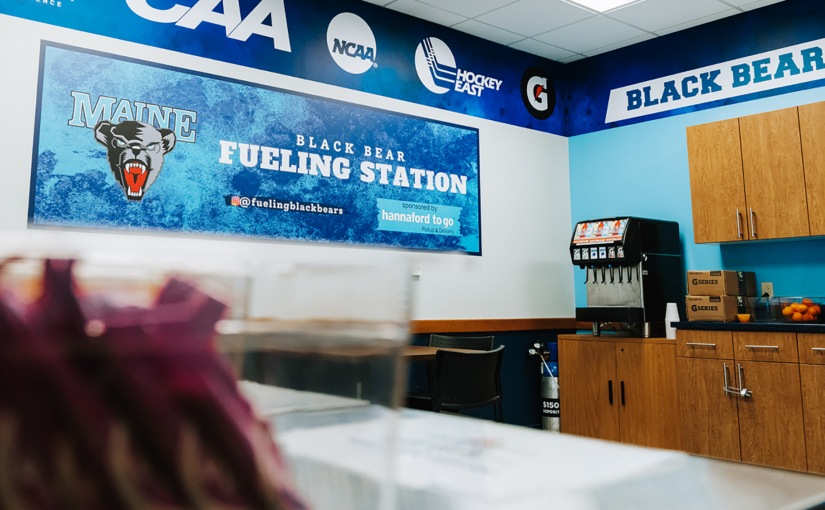10 Traits of a Successful Athletic Program — Part 1
As we travel our country to speak, we get the opportunity to observe a lot of different high school and college programs. We have also learned that the two main places we get invited to are those schools that are very successful and those that are really struggling.
Those who are struggling have a strong desire to change their direction and success — at the college level, it is often about keeping their job. Those who are very successful are successful for many reasons but one of them is that they are always trying to get better. They are always looking for an edge to keep them ahead of the pack.
Here is the first part of the common traits of strong programs we work with. Consistent and Clear Standards and Values — Preset team values are the foundation or cornerstones for every successful team. What is your team’s identity? What are your automatics? Great teams establish their own culture with standards that clearly define what is acceptable and what is not acceptable in both performance standards and relationship commitments. Their culture both sets them apart and holds them together. The clearer your standards and the better your “why” the more likely your athletes will rise to them.One Application Idea — Every coach and every athlete should be able to tell you and show you what their team stands for. Bring in someone who you trust to observe practice and see if they can see what your team stands for based upon their actions.
Consistent and Clear Standards and Values — Preset team values are the foundation or cornerstones for every successful team. What is your team’s identity? What are your automatics? Great teams establish their own culture with standards that clearly define what is acceptable and what is not acceptable in both performance standards and relationship commitments. Their culture both sets them apart and holds them together. The clearer your standards and the better your “why” the more likely your athletes will rise to them.One Application Idea — Every coach and every athlete should be able to tell you and show you what their team stands for. Bring in someone who you trust to observe practice and see if they can see what your team stands for based upon their actions.- The Team Members Feel a Collective Responsibility To Learn and Follow The Team Values — In other words, people commit to the team values and live it in their actions. “This is the way we do things around here” is something the team members are proud to express. The feeling is that “we don’t want to do anything that would let down the coaches, the team, and each other.” The first level of accountability is being responsible for yourself. The second level of accountability is to be accountable to each other and the team standards and it is a good thing.One Application Idea — Set up small accountability groups within your team with a coach in each group as an observer.
- Master Teachers — The first way coaches gain credibility, respect and trust are how much they know and how well they can teach it. Successful coaches understand the game and their players and how to teach both. The best teacher is “Creative Craftsmen.” In the best programs, the coaches are as skilled as any teacher in the school. In interviewing a Vanderbilt baseball player for an upcoming book, his statement was, “I took a lot of great classes at Vanderbilt and had a lot of great teachers, but the best class and teacher was baseball and Coach Corbin.”One Application Idea — Two book recommendations for becoming a better teacher – “Practice Perfect” by Doug Lemov and “Thank You, Coach” by Angus Reid.
- Positive Role Models — Leadership — Coaches must consistently live the team values in their actions. The seniors should be the best examples of team values. In these programs freshmen or sophomores can be told, “If you are not sure how hard to work or how to act in any situation, just watch our seniors and follow their lead.” Your older players and most talented players must be your best workers.
» ALSO SEE: The Devil is in the Details
One Application Idea – A simple question… Do your younger players want to grow into who the seniors, coaches, and team leaders are? Take the time and effort to teach leadership to all your athletes and then let your leaders reveal themselves through their actions. Equip them with knowledge and skills and then empower them to use and grow those skills. Watch team leadership emerge and perpetuate itself.
- All Roles Are Valued — When there is relationship-based leadership everyone who contributes to the team is shown value. Credit is shared. When all roles are valued, players are more willing to accept roles and teams are more successful. It is part of making gratitude part of your culture.
One Application Idea — Identify every role necessary for success on your team. Meet individually with athletes to get role clarification for where they are now and then ask the athlete what roles they would like to grow into; be willing to assist in that goal.
In perpetually strong athletic programs, each of these strengths is done with absolute intention and design. EXCELLENCE IS NEVER AN ACCIDENT!
For support materials, go to our website – www.proactivecoaching.info. For additional application ideas email [email protected]. To bring a Proactive Coaching speaker to your school or community email [email protected].





